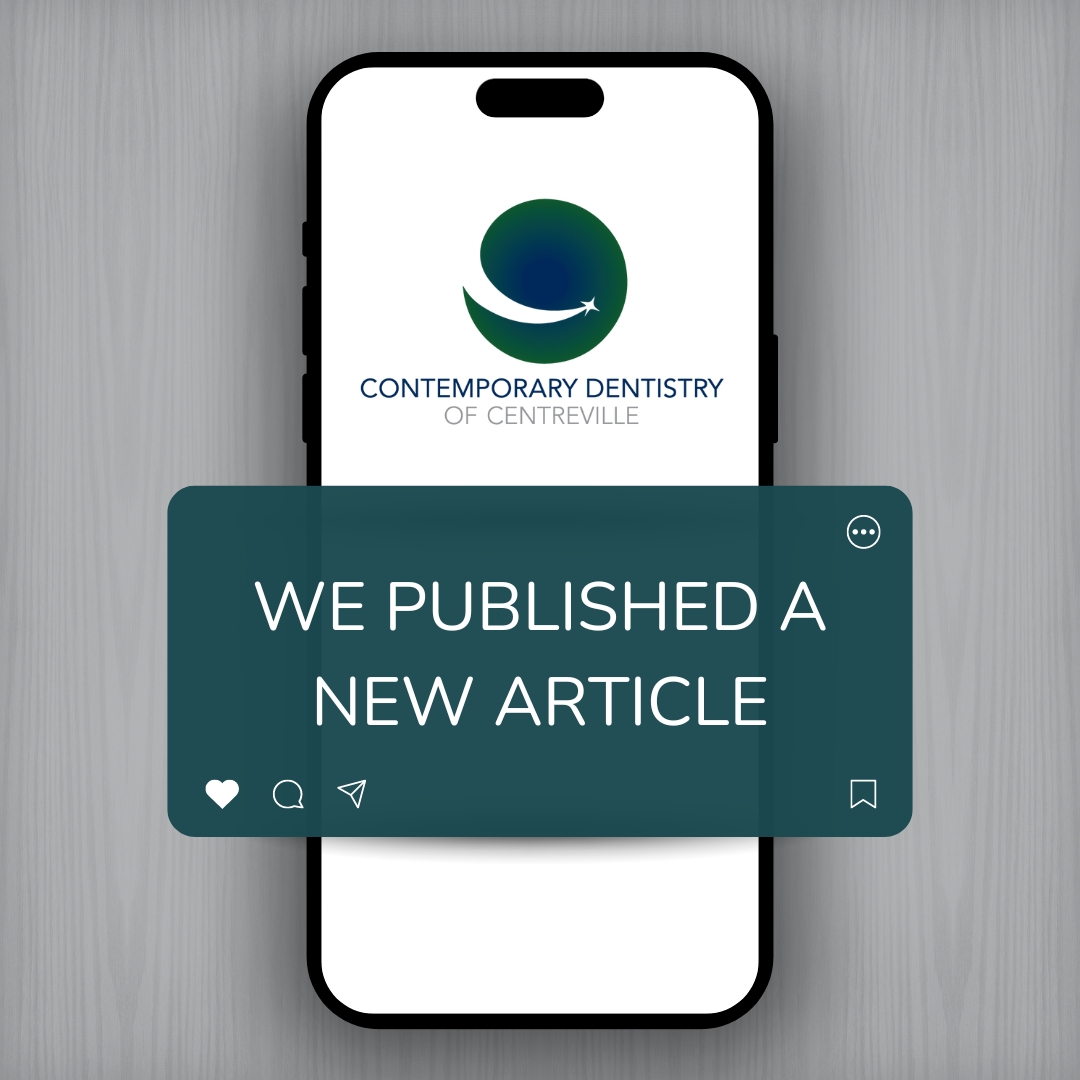
WE’VE ALL HEARD calcium builds strong bones and is key to preventing osteoporosis. But did you know taking in the right amount of calcium also has a huge effect on our oral health?
Calcium Benefits Our Oral Health
Does calcium really make a difference in our oral health? The answer is yes! Even before we’re born, we begin storing a supply of calcium and other nutrients to grow strong, healthy teeth and bones. As we grow older, calcium continues to repair and strengthen our teeth, making them more resistant to decay and fortifying them against disease.
Although many foods contain calcium, the best and most easily absorbed source comes straight from milk and dairy products! Milk is not only a rich source of calcium, but of phosphorous, magnesium, and Vitamin D, which combined together coat teeth in a protective film and ward off harmful acids and bacteria-causing cavities, and also strengthen and reinforce tooth enamel.
How Much Calcium Should I Get Each Day?
How much calcium you need depends on your age and gender. Although the amount you need will differ from others you know, including enough calcium in your diet is important to your oral and overall health.
To give you a better idea of just how much you need, one eight ounce glass of milk contains around 300 milligrams of calcium. Studies show that those who consume more than 800 mg of calcium a day are much less likely to develop gum disease.
The Dietary Reference Intakes lists a recommended amount of calcium for every age:
- Children ages one to eight need anywhere from 500-800 mg a day,
- Teens need around 1,300 mg,
- Adults and nursing mothers ages 19 to 50 need 1,000 mg,
- Older adults and younger mothers need 1,200 mg or more.
What Are Good Sources Of Calcium?
Need some inspiration to increase your calcium intake? Try any of these:
Dairy products
Milk, cheeses, yogurts, buttermilk, cottage cheese, puddings, and ice cream are an easy (and delicious) way to get calcium.
Vegetables
If you or someone you know don’t like dairy or are lactose intolerant, you still have plenty of options to choose from! Broccoli, collard greens, and kale are good, healthy sources of calcium. Collard greens alone provide 268 mg of calcium per cup!
Other Good Sources
Looking for other options? Oranges, sardines, white beans, tofu, almonds, and some breakfast cereals and juices are all non-dairy alternatives to get your daily source of calcium!
Make Calcium A Part Of Your Diet
Do your teeth and gums a favor by incorporating the right amount of calcium into your daily diet! Enough calcium coupled with good oral hygiene habits make all of the difference in your smile, and will keep your teeth healthy and strong for years to come. If you have any more questions about your daily calcium intake, call us or let us know in the comments below!















